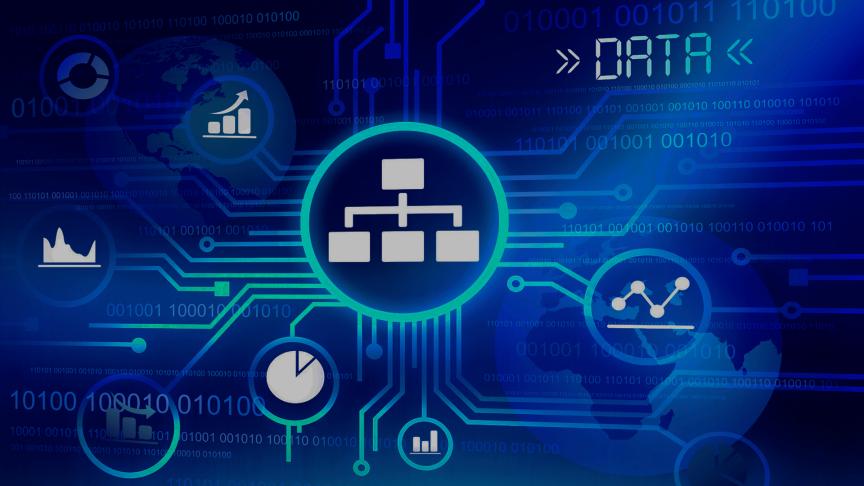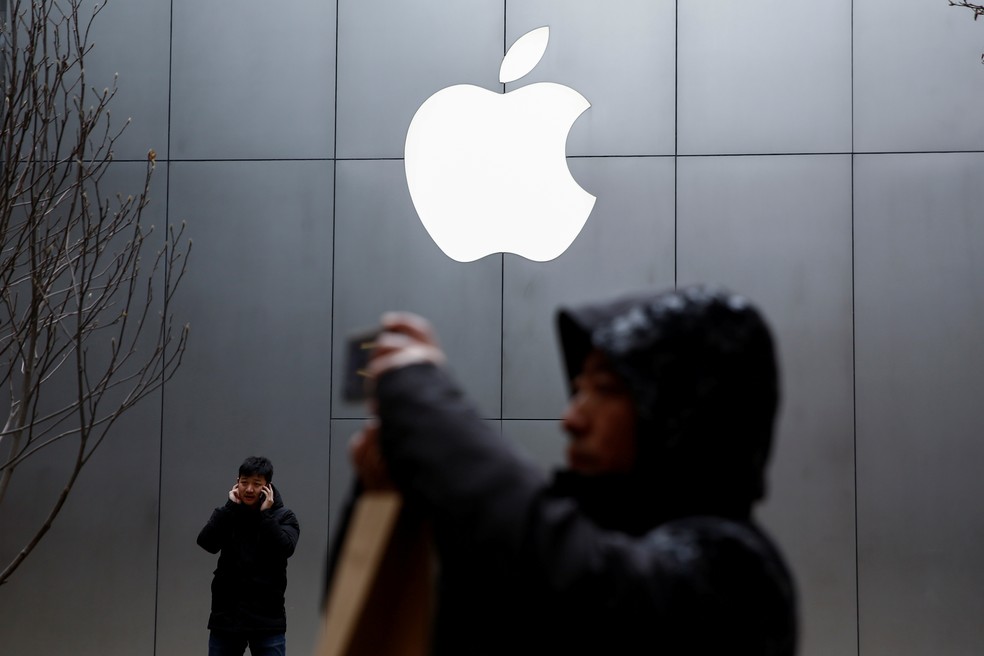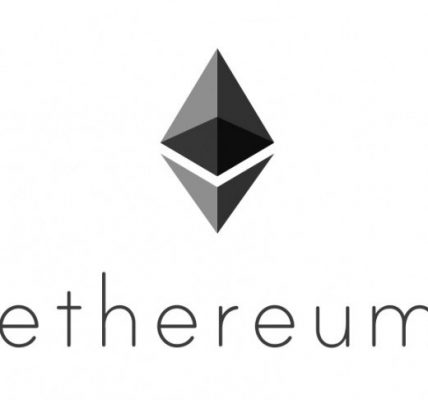However, more and more people understand it. Since Bitcoin’s timid launch in January 2009, its advocates have ranged from radical liberals to former Wall Street workers, Silicon Valley (US) tech experts, and development and cooperation experts from bodies like the World Bank. Many see technology as a vital new phase in the internet economy that could prove even more transformative than the first. While the first wave of online disruption saw strong companies being displaced by more fragile digital intermediaries, this movement completely challenges the idea of for-profit intermediaries.
The need for trust, its cost and dependence on the intermediaries that offer it is one of the reasons why giants like Google, Facebook and Amazon turn economies of scale and the advantages of network effects into de facto monopolies. These giants have become centralized bookkeeping gatekeepers building large records of “transactions” of what is possibly the world’s most important “currency” – our digital data. By controlling those records, they control us.
The promise to reverse this centralized and monopolized system is one of the keys to this new cryptocurrency gold rush. To be sure, many (perhaps most) investors hope to get rich quickly without thinking about the importance of technology. But these irrational views don’t just come out of nowhere. As with the advent of other transformative technological innovations (such as railways and electricity), rampant speculation is almost inevitable. When a great idea comes up, investors don’t have a framework to estimate how much value it will create or destroy or to precede which companies will win and lose.
Obstacles remain for blockchain to deliver on its promise to create a more robust system for recording and storing objective truth. But society has already started testing.
The freely accessible open-source source is the foundation on which the decentralized economy of the future will be built.Companies like IBM and Foxconn are exploiting the idea of incorruptibility in projects that try to unlock trade finance and make supply chains more transparent. Such transparency could also provide consumers with better information about the origin of what they buy, such as a T-shirt made with exploited labour (see Tracking turkeys with ‘blockchain’ on Thanksgiving, the start of a revolution)
Another new possibility is to create a digital asset. Before Bitcoin, no one could own an asset in the digital realm. Because copying digital content is easy to do and hard to stop, providers of digital products like MP3 audio files or e-books never give customers full ownership of the content. Instead, they rent it out and define what users can do with their licenses. And heavy legal penalties apply if the license is broken. That’s why you can have a friend lend an Amazon Kindle e-book for 14 days, but you can’t sell it or give it away like you could a paper book.
Medical records
The information of the entire clinical history of a patient is contained in a blockchain in which additional information can be provided, which will be available at any time and in any place.
Blockchain in the industrial area
Although the implementation of industries 4.0 and blockchain blockchains is very recent, a new range of opportunities opens to implement blockchains so that processes are autonomous, efficient, fast and secure without the need for third parties for the control of operations.
The first to use the blockchain has been large insurance companies and renowned institutions from the banking sector in Europe, through smart contract signatures and secure economic transactions. The registration of the traceability of products or components in a production line, as is the case of a shrimp company in Ecuador and another that handles beef in Argentina.
Large companies, industries and corporations are increasingly using blockchain technology in their activities, such as automotive companies, computer manufacturers, e-commerce, supply chains, computer data protection, health care, data integrity and auditing, systems remote data acquisition system (SCADA).
Expected benefits with the use of the blockchain
We are going to explain in detail the eight advantages of using blockchain technology:
Speed. The author's presentation of a central authority or intermediaries makes the information available to all participants in an online network. The simple process in the data flow leads to a greater speed in handling any information, which allows companies to act effectively.
Low costs. The use of blockchain technology turns out to be one of the cheapest, just because it eliminates intermediaries and offers the possibility of streamlining production and communication processes. The direct relationship between systems and computers or devices in companies, through this technology, allows automating the execution of processes.
Transparency. The biggest and most important advantage is its credibility, trust and reliability compared to any other system. Any information is visible on the origin and the transactions carried out; anyone can verify them, ensuring the total transparency of the system, achieving even auditing in the record book.
Privacy and tracking. Each block belonging to the chain stores information, and the blocks are linked to each other. Thus, organizations can more easily track information and process history permanently. This creates a traceability mechanism that helps organizations to make a detailed and unique follow-up of any transaction.
Security and confidence. The blockchain builds a trusted environment in which data exchange is carried out through coded and encrypted operations, a condition that allows safeguarding data exchanges and guaranteeing the security of all those involved; it is resistant to malicious attacks.
Integrity. Users are calm because the transactions will be carried out as established in the protocols without the intervention of third parties.
Decentralization. Having the information at different points of the network and that the data is also immutable, that is, it has to be the same at each point. Otherwise, it is rejected, which is the main advantage compared to other systems.
Simplification of the accounting system Any transaction is added in a very simple accounting; we reduce the complexity of multiple and cumbersome accounting.




